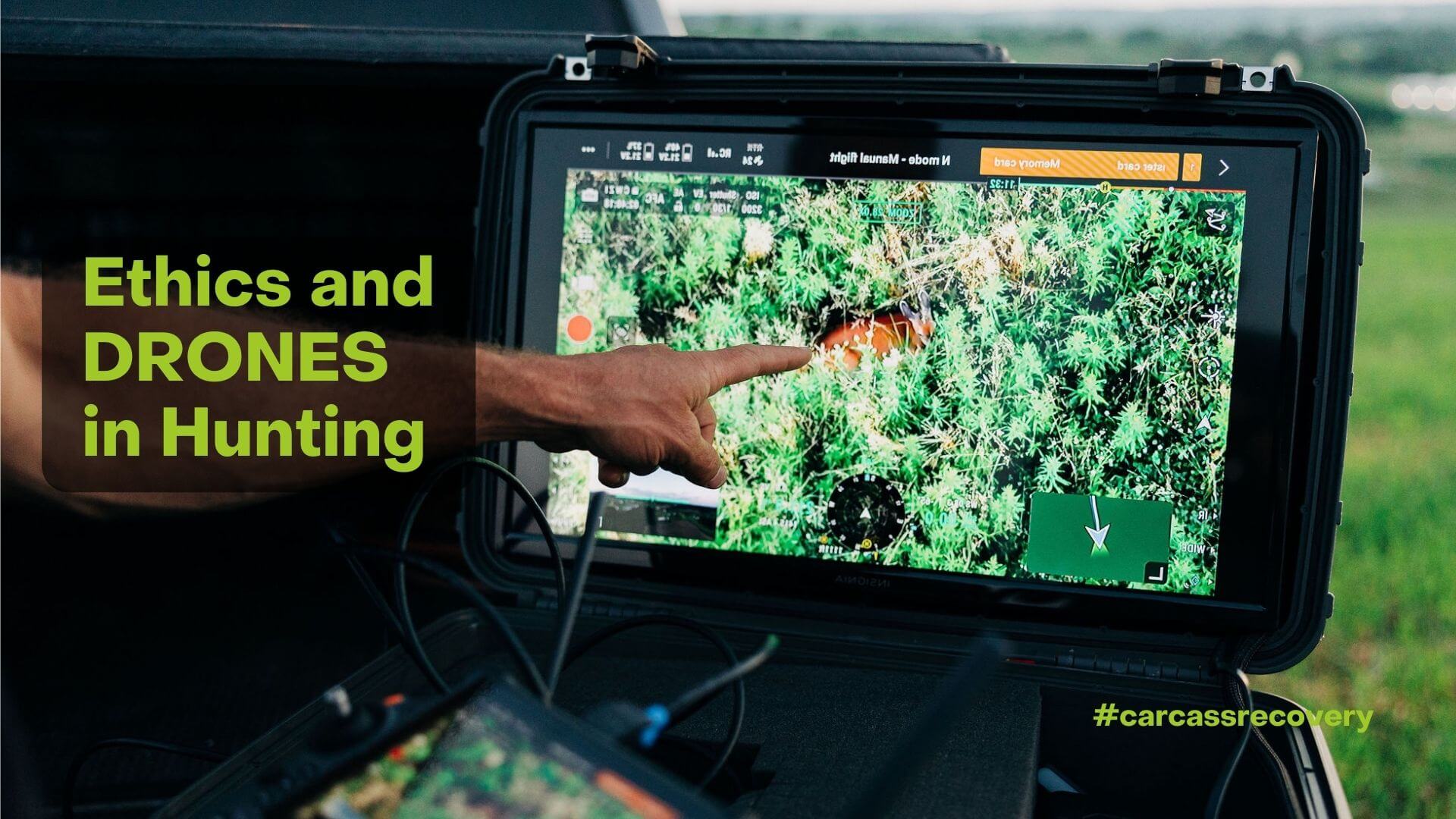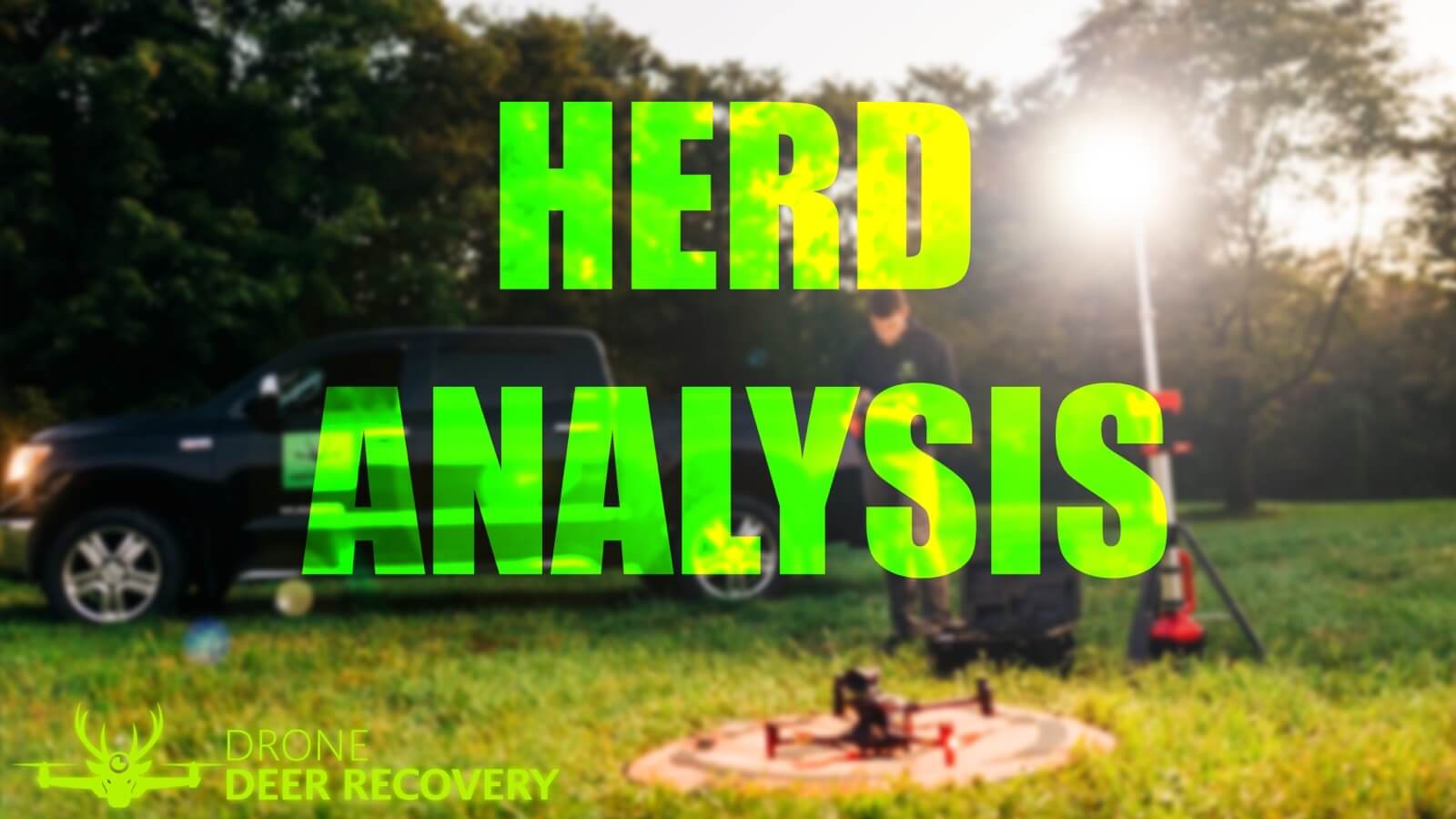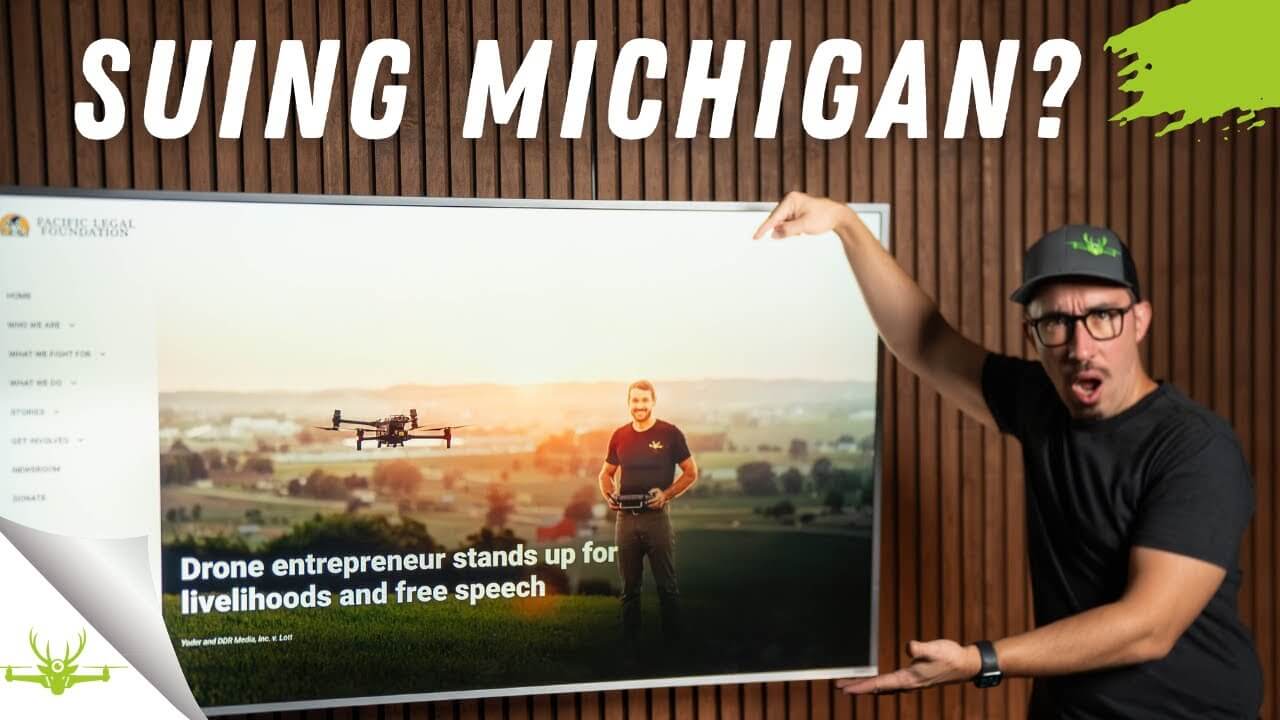
Ethics in Hunting - what roles should drones play?
Let's jump right in and break down the topic at hand: the role of drones in hunting. It's a buzzing topic (pun intended!) and touches on the intersection of technology and tradition. We'll dive in...

Drone Deer Recovery On Working Class Bowhunter Podcast
Watch our appearance on the Working Class Bowhunter podcast to get to know our operators and service in personal detail!

Drone Deer Recovery’s Herd Analysis and Its Application Elsewhere
Here at Drone Deer Recovery, we have made great strides in revolutionizing the hunting industry, employing state-of-the-art drone technology to locate and recover injured or deceased deer. Rece...

Michigan vs. Progress: Our Fight for Drone Use in Deer Recovery
Kicking Things Off: Why We're Taking on Michigan Michigan's interpretation of the "Drone Statute," which categorically prohibits the use of drones in any hunting activities, is being interpret...









